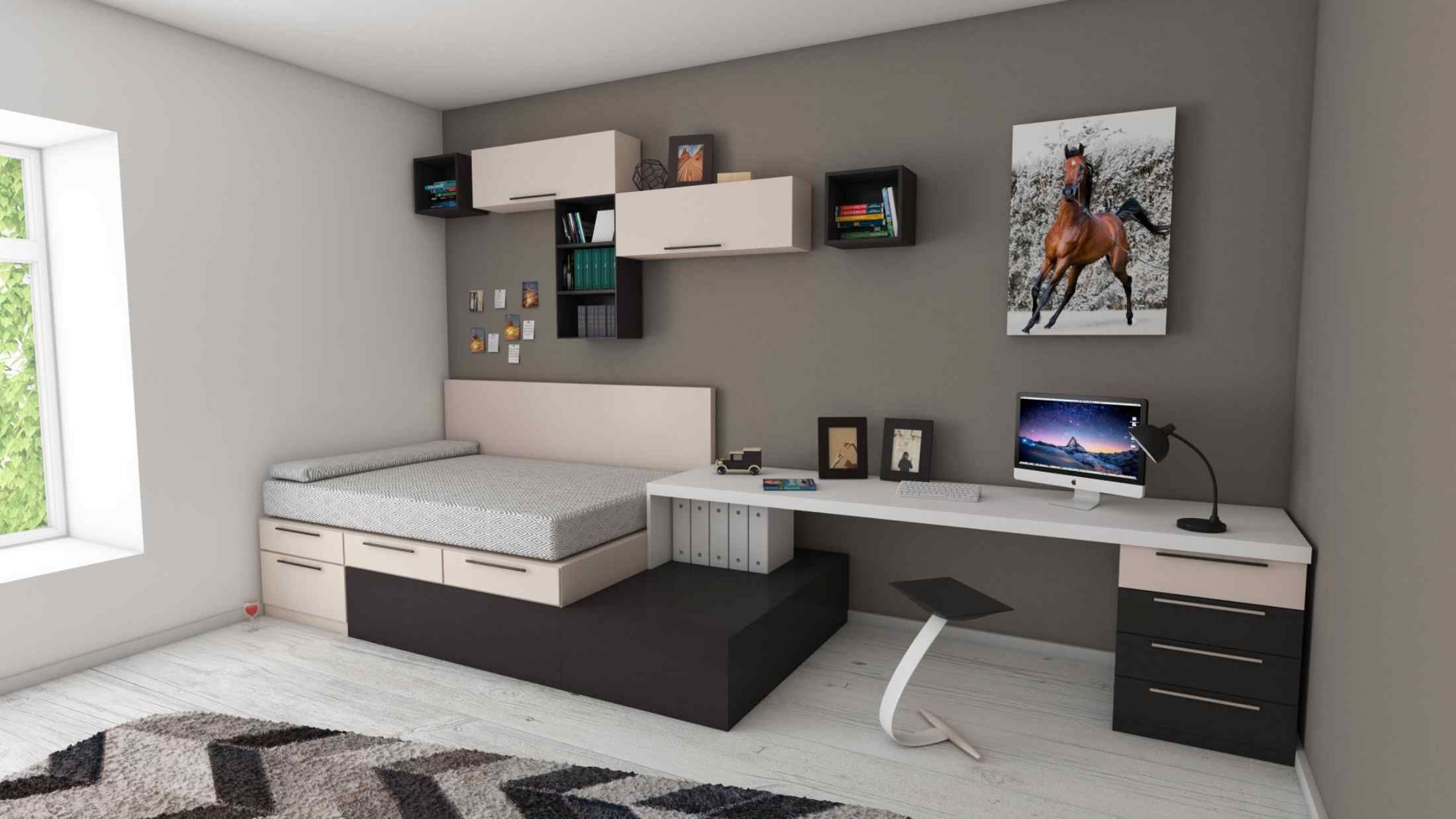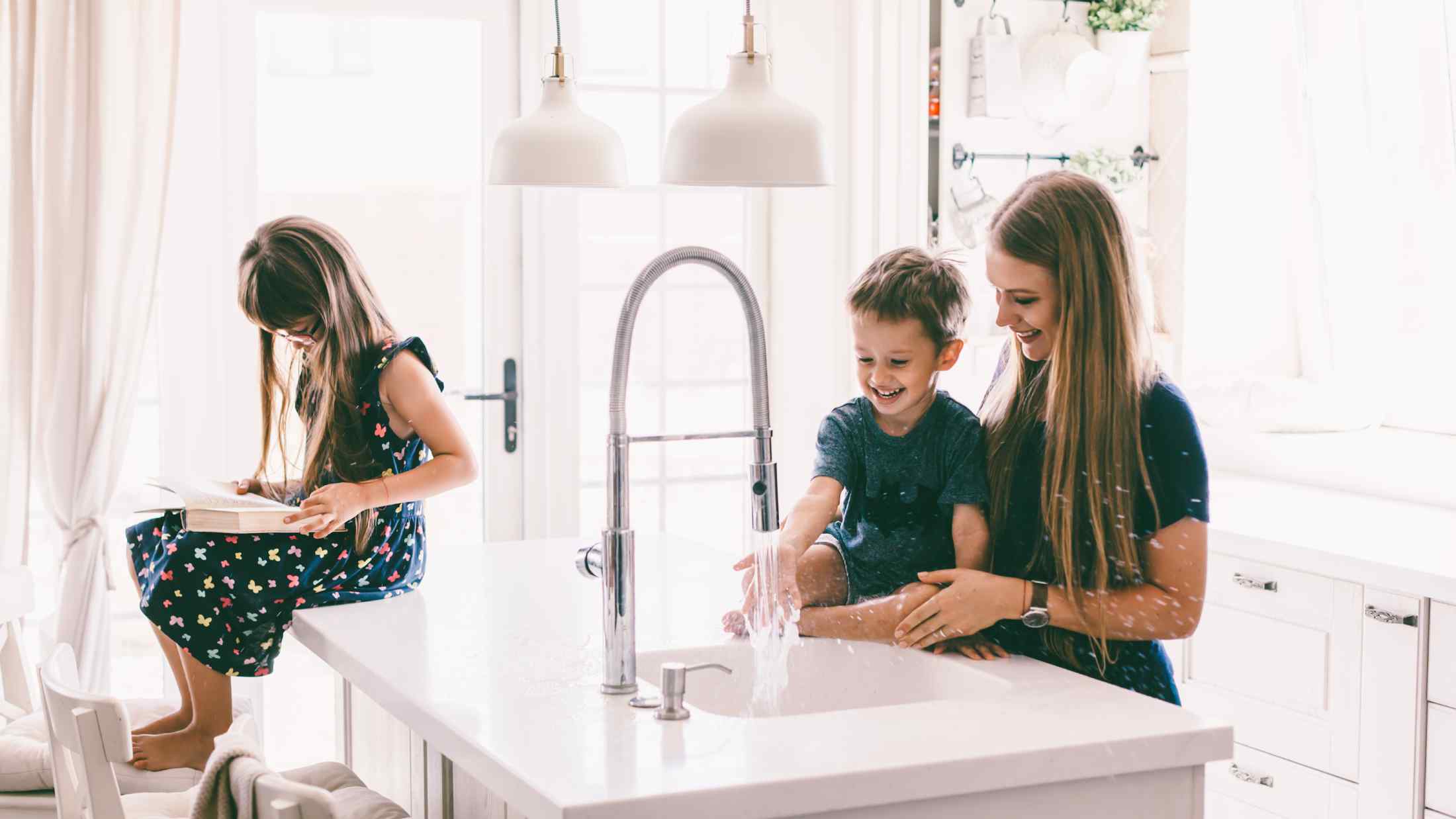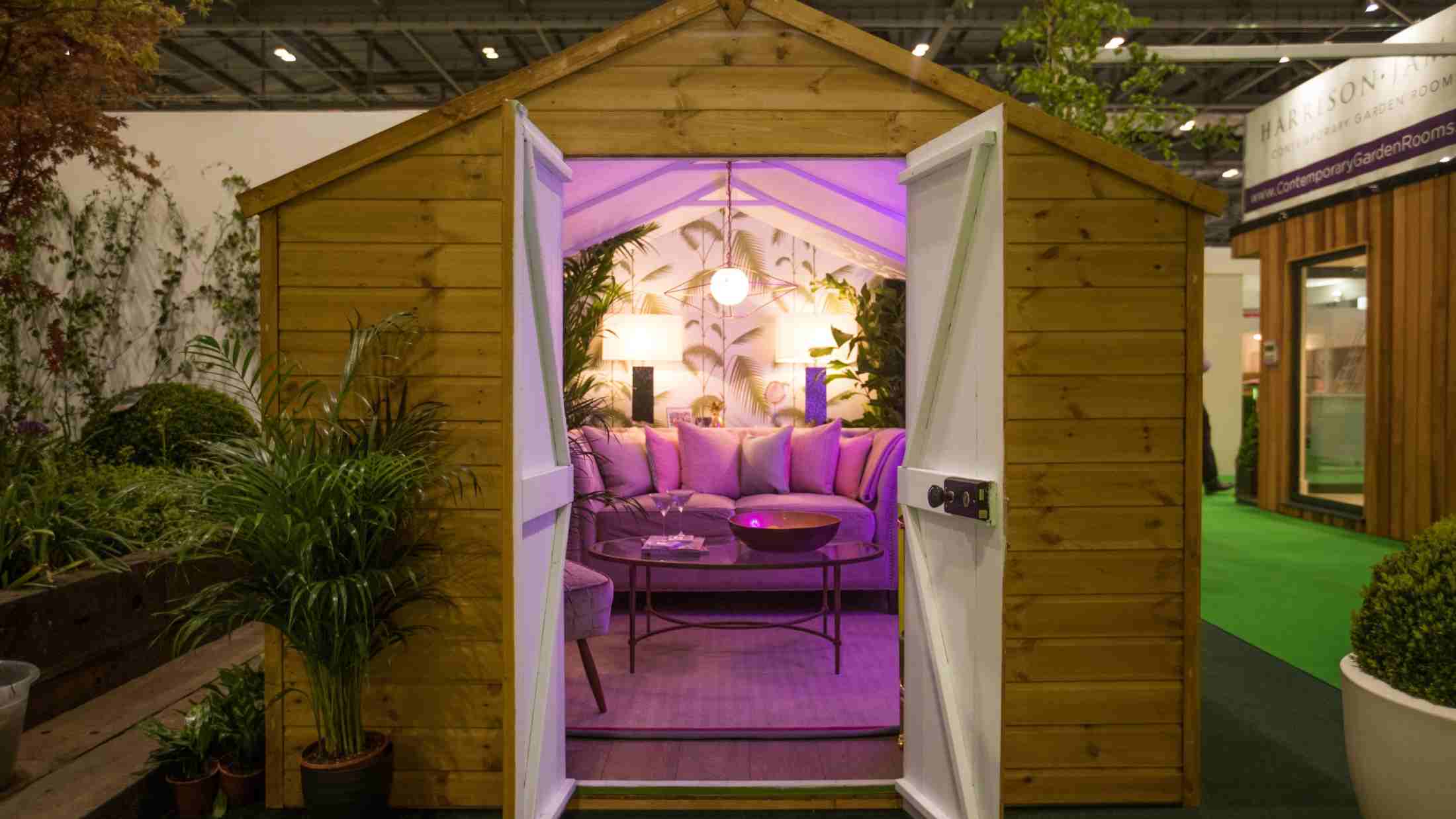Occasionally, something happens that means we need to adapt our homes. It could be that you’ve started working from home, or there’s a new baby on the way.
But don’t panic and put your house on the market! Even if space is limited, you can make the most of what’s available by rethinking how you use your rooms.
Here are some simple home hacks that can make your space multipurpose.
So you need…
A home office
It’s nice to have an extra bedroom; however, when you compare the time you spend at work with the nights per year you have guests, the decision’s clear. That spare room can quickly become the home office.
If you don’t have a bedroom to repurpose, find a work spot elsewhere. You could create one of those cool under-stairs work stations, or simply have a desk in the living room. If your needs are minimal, have a pop-up office, and put everything away at the end of the day.
A workshop
Some businesses need practical space or have bulky items to store, or your hobby needs a dedicated space. It’s time for the shed. Sheds have had a real renaissance, and Pinterest is full of stylish art studios, garden offices and carpentry workshops.
Another option is to adapt the garage, and there’s often space for a workbench behind the car. At the very least, you can use this area for bulky storage. Alternatively – look up. Is it time for a loft conversion?
A social space
What’s wrong with always being in the kitchen at parties? With the fridge to hand and a wipe-clean floor, it's the obvious social space. Worktop bar stools are great for guests, or you can host lively informal dinners around the kitchen table.
Alternatively, take it outside. A chimenea (outdoor stove) makes a patio or balcony a year-round social space. Invest in robust outdoor furniture so you’re always party-ready.
A nursery and playroom
Babies don’t take up much space, but their equipment does. This is the moment when most of us sacrifice the spare room or move the desk into the kitchen.
Moving on a couple of years, your home has been well-and-truly invaded by Lego and paint, and you really, really want a playroom to corral all this stuff. Look around your home: is there a space that can be Play Central for the next few years? Of course, you want your busy little one near you, so get some oil cloth covers for table tops and carpets, and create mobile play places. And boxes. Lots of boxes.
A spare bed
If you had a spare room, the chances are this under-used space is already a study. Keep a futon and mood lighting in there for a quick change.
A sofa bed in the living room is the simplest way to create temporary sleeping space. Have a chest or large footstool for spare bedding that doubles up as seats. If your living room is open-plan, try a Victorian-style folding screen, so sleeping guests have some privacy when you creep through to the kitchen.
It’s simply a case of adapting your habitat to suit your current needs. You may need to keep changing things around as your business and family grow. Stay flexible, and enjoy your versatile space!
Do I need to let my insurer know about these changes?
It’s important to remember that even if you’re using your spare room as a workspace, nursery, playroom or study, this doesn’t change the room’s original purpose. Home insurance providers will still view the room as a bedroom. You’ll need to keep this in mind if your insurer asks you about the total number of bedrooms in your home.
Alongside this, you’ll also need to let your insurer know about any loft conversions and outbuildings that have been converted for domestic use. This would include rooms such as bedrooms, bathrooms, kitchens, or studies/offices and may affect your home insurance policy.
You’ll also need to let them know about any structural changes and the total number of rooms in your property.






